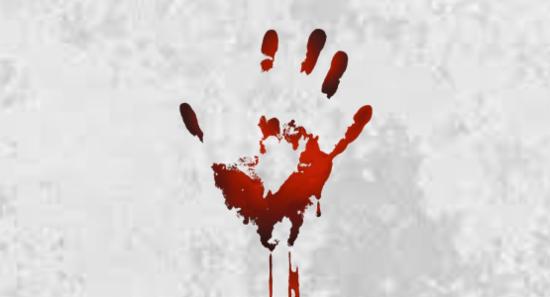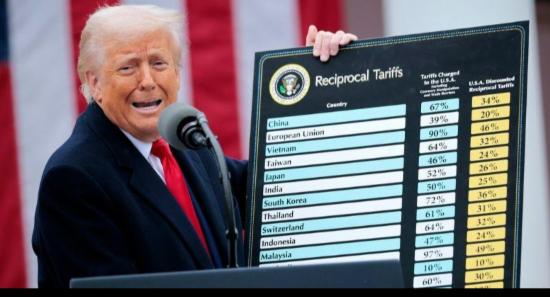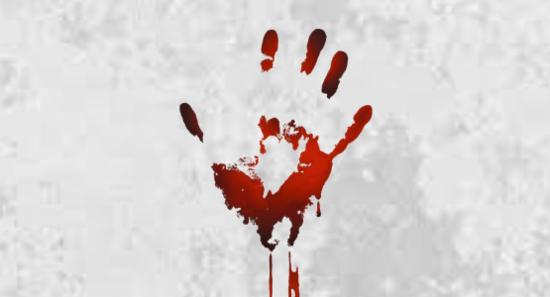.webp)

Self-Defense or Atrocity? UNP Chairman's Say On Batalanda
COLOMBO (News 1st); UNP Chairman Vajira Abeywardena speaking in Vavuniya said that Self-Defense is NOT a crime.
He made this statement in response to allegations regarding the crimes committed at the Batalanda torture chamber during the 1987-1990 period.
"When a government elected by the people is attacked, the government controls it. It does not belong to murder. This is stated in the constitution, not by me. For example, if someone's life is threatened here and they defend themselves, it is not considered murder. If someone attacks you and you defend yourself, and they die, it is not murder. In English, this is called self-defense, or in Sinhala, 'aatma arakshawa'. Regarding the Batalanda incident, I want to say it is a report of 210 pages. About 150 pages belong to the current government, not us. There is not a single recommendation against Ranil Wickremesinghe," he said.
Over the past 21 days, News1st revealed detailed mentioned in the Batalanda Commission regarding the crimes that were committed.
According to these revelations, various groups were abducted, brought to the Batalanda housing complex, tortured, killed, or disappeared.
This raises the question of whether these actions were indeed self-defense, as claimed by Vajira Abeywardena.
According to the commission report, Earl Sugi Perera, also known as Sydney, was abducted and detained on March 23, 1990, in a house adjacent to the B7 house where Ranil Wickremesinghe's personal security officer Sudath Chandrasekara lived.
In his testimony to the commission, he stated that he saw two people hanging by their legs in the B8 house, with blood flowing from their bodies.
On some days, he was dressed in women's clothes and a wig, as revealed in his testimony to the Batalanda Commission.
According to Sugi's statement to the commission, after being detained for several days, then-Assistant Police Commissioner Douglas Peiris arrived at the house and assaulted him.
After 22 days, he was taken outside in a jeep driven by police officer Douglas Peiris.
Batalanda Report Excerpt:
On the way, Assistant Police Commissioner Douglas Peiris told Sugi, "When you go home, you must fulfill a duty for a certain gentleman. If you don't, you will be killed." Sugi asked what the duty was, and Peiris replied, "Your family members know what it is."
Douglas Peiris's statement indicated that Sugi had to pay 50,000 rupees to lawyer Lakshman Ranasinghe for his release.
Is this not a ransom for release from the torture chamber?
Former Police Chief Ernest Perera revealed details about this incident in his testimony to the commission.
Earl Sugi Perera's father met the then Police Chief to seek help for his son's release.
Excerpt from Former Police Chief's Testimony to the Batalanda Commission:
Ernest Perera
Former Police Chief:
"As I remember, he came and said either Douglas Peiris had taken his son into custody or was about to take him into custody. I don't remember the exact nature of the complaint. What I do remember is that he said they were asking for 50,000 rupees."
Question:
"What was the 50,000 rupees for?"
Ernest Perera
Former Police Chief:
"He said the lawyer told him that if he paid 50,000 rupees, he would release his son if he was in custody, or prevent him from being taken into custody if he wasn't."
Were these crimes committed in the name of self-defense?
Many such incidents have been revealed in the Batalanda Commission report.
Shouldn't justice be served for these crimes even now?
Other Articles
Featured News





.png )



-786388_550x300.jpg)





-785316_550x300.jpg)











.webp)






